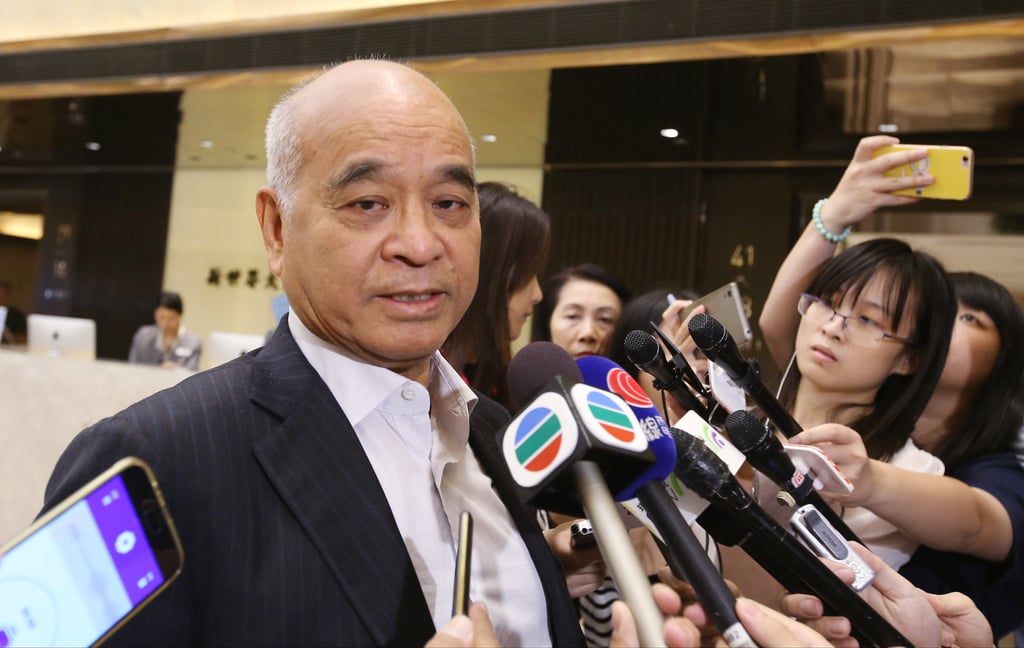The developer deferred coupon payments on four series of perpetual bonds after months of speculation about its finances, sending a poor signal to creditors about its default risk. It surprised investors last month by not redeeming a US$345 million debt on the first call date, causing the coupon rate to step up to 10 per cent annually from 6.15 per cent.
Companies have the right to defer coupon payments on perpetual securities and may not repay the bonds since they have no maturity dates. Investors typically view call events as a test of their creditworthiness.
The deferral “is a complication for a handful of hybrid investors today”, S&P said in a report on Wednesday. “Tomorrow, it may become a headache for the oversupplied Hong Kong property market. It could trigger cascading effects where homebuyers lose confidence and delay purchases.”
S&P said the end result “may be our downside scenario for the Hong Kong property market”, which is a 5 per cent to 7 per cent drop in home prices this year. The rating company expects prices to “stay flat” in its base case scenario.

The debt pressure is a stain on Hong Kong’s improving market conditions, helped by a cut in stamp duty in Financial Secretary Paul Chan Mo-po’s budget plan in February. A government report last month showed Hong Kong’s lived-in home prices rose 0.35 per cent in April, halting a four-month slide.


